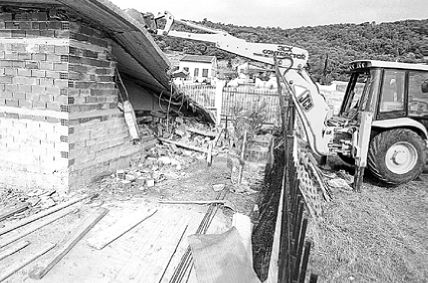
Διεύθυνση Δασών Φθιώτιδας: Ανακοίνωση – πρόσκληση για την προσκόμιση διοικητικών πράξεων - dasarxeio.com

ΖΟΕ Ζώνες Οικιστικού Ελέγχου Δ. Κ. Μέλισσας. ΖΩΝΕΣ ΟΙΚΙΣΤΙΚΟΥ ΕΛΕΓΧΟΥ (Ζ.Ο.Ε.) Οι Ζώνες Οικιστικού Ελέγχου (ΖΟΕ) θεσπίσθηκαν με το άρθρο 29 του ν. 1337/1983, - ppt κατέβασμα

Διεύθυνση Δασών Κεφαλληνίας: Ανακοίνωση – πρόσκληση για την προσκόμιση διοικητικών πράξεων - dasarxeio.com









